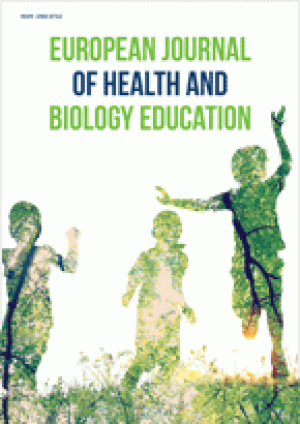Abstract
Teachers play an important role in the holistic development of learners. Consequently, they are lifelong learners who need to professionally develop themselves to ensure excellent classroom learning experiences. Teachers’ perceived teaching styles, demographics, and self-efficacy may contribute to the overall teaching performance. This article explored the perceived teaching styles of biology teachers and their correlation with teacher demographics and self-efficacy beliefs as contributing factors to teaching approaches and preferred teaching styles among learners. Adopting a descriptive research design, the researcher gathered data from 94 respondents using a profile sheet, teaching styles inventory, and teachers’ sense of efficacy scale. Employing an inferential statistical tool, through a Chi-square test, the findings indicate that there is a significant correlation between teaching styles and the demographics and level of self-efficacy of teachers. The sex, years of teaching, professional development trainings, institutions, and level of self-efficacy contribute to learner- or teacher-centered teaching approaches. Meanwhile, the learners preferred learner-centered teaching styles. Moving forward, interventions on identifying biology teachers’ pedagogical approaches as a factor for the decision-making of pedagogical enhancements, focusing on the gaps in the teaching practices, and aligning their teaching style to their subject matter and the demands of the learners.
License
This is an open access article distributed under the Creative Commons Attribution License which permits unrestricted use, distribution, and reproduction in any medium, provided the original work is properly cited.
Article Type: Research Article
European Journal of Health and Biology Education, Volume 12, Issue 1, 2025, Article No: e2510
https://doi.org/10.29333/ejhbe/17185
Publication date: 01 Oct 2025
Article Views: 923
Article Downloads: 432
Open Access References How to cite this article
 Full Text (PDF)
Full Text (PDF)